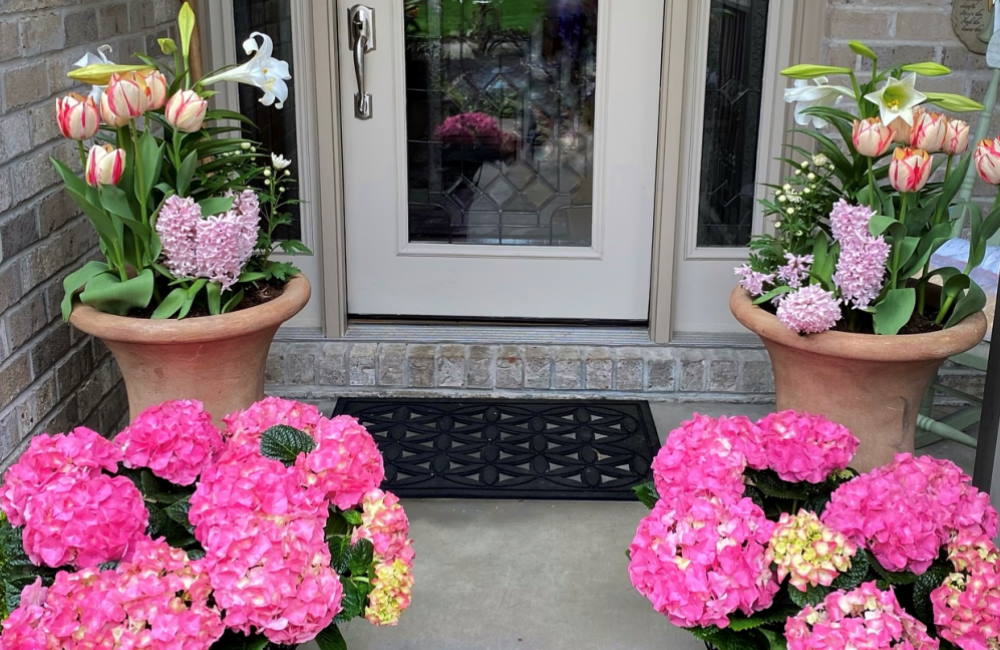Phyllis’s Story: Self-Care is Key

It was one day as she walked out the door on her way to work, trash bag in hand, and checking items off several mental lists she carried in her mind, that the thought fully formed into words. “I am a primary caregiver.”
Phyllis has experienced caregiving twice in her life, first for her father, and now continues to do so for her close friend and roommate, Ruthie. Phyllis and Ruthie had always shared household expenses and tasks throughout the more than two decades they’d known each other and Ruthie’s quick humor, a pension for telling a good story, and easy manner had been a helpful balance to Phyllis’ more serious nature.
Why Having Someone Who Understands You Is So Important
Self-Care is Key
But it wasn’t until that moment that the diagnosis of Parkinson’s reared its head and shifted the balance of their lives so that the word caregiver took on its most personal meaning. Phyllis encountered Hope Grows when founder Lisa Story visited the Parkinson’s Foundation. It was at the South Hills Movers & Shaker’s support meeting that the term, “Caregiver” came up again. Lisa Story presented Hope Grows’ mission, services, and a therapeutic activity at that Parkinson’s Foundation of Western Pennsylvania sponsored group. It was during that presentation that a window of hope opened, and a much-needed balance seemed possible again.
Her emphasis on mindfulness resonated with Phyllis, who when the opportunity came again, immersed herself with Hope Grows. The focus on self-care helped Phyllis to recognize that she must care for herself in order to care for her care receiver to the best of her ability. She believes that the most important thing Hope Grows teaches is self-care and is key in supporting and ministering to caregivers.
Positive Affirmations for Caregivers
Hope Grows Respite Care
With the balance of the relationship changing, their mutually caring relationship again emerged through the Hope Grows respite care, training programs including Powerful Tools for Caregivers, and consistent support and the understanding of friends and family.
Phyllis loves the purpose of caregiving because in caregiving you are truly making a difference in someone’s life. She believes that by caring for someone, you are “honoring your commitment to them and their relationship.” Despite the way the relationship has evolved and interactions differ from the past, there is great love and subtle satisfaction in doing what you can for your loved one.
Hope Grows helps Phyllis to feel better and be at peace through the environment and people, who foster rest and support. She likens Hope Grows to your favorite cozy chair – relaxing yet supportive. Phyllis enjoys the respite activities that Hope Grows conducts because of the wonderful perspective they provide and programming where Ruthie can participate. She loves to visit the Hope Grows property and walk through the gardens which remind her to pause in order to incorporate mindfulness and practicality into life. Phyllis cannot decide which garden is her favorite because of their uniquely beautiful properties, but she does enjoy the seasonally rotating potted plants at the Iris Respite House entrance because they remind her to recognize the beauty in the change.
Creating a Sense of Belonging
Phyllis recounts some of her favorite experiences with Hope Grows to be the teas and the Powerful Tools for Caregivers workshop. The Powerful Tools for Caregivers program moved Phyllis significantly and she describes it as light but useful and serious, in addition to one of the best experiences of her caregiving life. The teas are special times with peers who understand the caregiving journey and allow each unique story to be heard and recognized. These events give perspective and create a sense of belonging within the community.
The best advice Phyllis has for other caregivers stems from the thought caregivers encounter all to often: I’ll just do this one more thing that will help my care receiver.” It is often that “one more thing” done as exhaustion sets in that creates havoc with our own health and well-being. She recommends holding back the urge to do so and taking those few minutes to care for yourself. Making intentional moments of self-care allows a caregiver to remove tension and stress, benefitting themselves and their care receivers.
